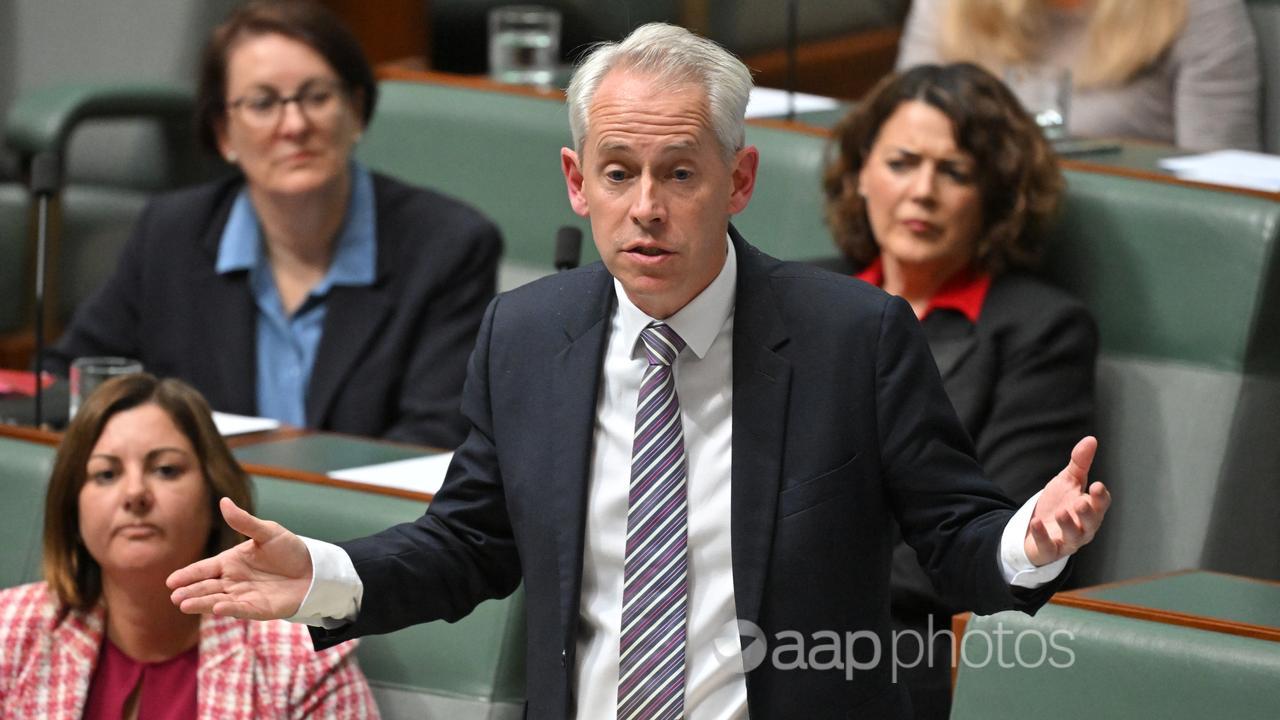Immigration Minister Andrew Giles has denied diplomatic ties with New Zealand were prioritised over community safety in relation to a controversial ministerial directive.
Under the directive, known as direction 99, a non-citizen’s ties with Australia would be taken into account in visa matters.
The directive had led to controversy for the government after the Administrative Appeals Tribunal used it in several decisions where foreign nationals were allowed to keep their visas, despite being found guilty of serious crimes.
The directive was created following concerns from New Zealand’s government of mass deportations of Kiwi citizens who had closer ties to Australia.
While Mr Giles said an updated directive would be issued to prioritise community safety, he denied New Zealand relations were put ahead of the protection of Australian citizens.
“In putting in place ministerial direction, I had regard to our national interest and common sense, including the protection of the Australian community, and that was the advice that I was given,” he told parliament on Thursday.
Opposition Leader Peter Dutton criticised the directive as being a result of a “close and sycophantic” relationship between Prime Minister Anthony Albanese and former New Zealand leader Jacinda Ardern.
But Mr Albanese hit back, rejecting the allegations.
“What we do is determine our own policy according with our own interests and that is what we have done,” he said.
New Zealand’s Foreign Minister Winston Peters pointed to Prime Minister Anthony Albanese’s previous commitment of a “common sense” approach to the deportation of people who had spent their entire lives in Australia.
“We do not want to see deportation of people with little or no connection to New Zealand, whose formative experiences were nearly all in Australia,” he said.
Debate over the issue comes as it was revealed drones are being used to monitor foreigners released from immigration detention after a landmark High Court ruling.

Mr Giles revealed the surveillance tactic when he was asked why two of the detainees, who are murderers, were not being tracked with electronic ankle bracelets.
“There is a quarter of a billion dollars that we’ve invested in supporting our law enforcement agencies to enforce that and that’s enabled things like using drones to keep track of these people,” he told Sky News on Thursday.
“We know where they are.”
More than 150 people have been released since the High Court last year found indefinite detention is unlawful.
Asked why some of the people were not being electronically monitored, Mr Giles replied the law required “individual circumstances” to be considered.
Mr Giles has cancelled eight visas, as he considers deporting about 30 people after an appeals tribunal allowed them to stay in Australia on the grounds of a directive he himself had signed off on.
He has been under increasing pressure, with the opposition ramping up calls for his sacking.

But the immigration minister will not step down.
“I’m focused on outcomes, not political arguments … relentlessly focusing day and night on ensuring that visas which need to be cancelled are cancelled,” Mr Giles said.
“I’ve got a job to do. There is so much to be done.”
Opposition immigration spokesman Dan Tehan has repeatedly accused his counterpart of “falling asleep at the wheel” and putting Australians at risk.
Asked if he would support the new ministerial directive, he said the opposition had not been given access to it.
“We haven’t seen the directive, we don’t know when the directive will come into force – those are all questions Andrew Giles is refusing to answer,” he said.




















